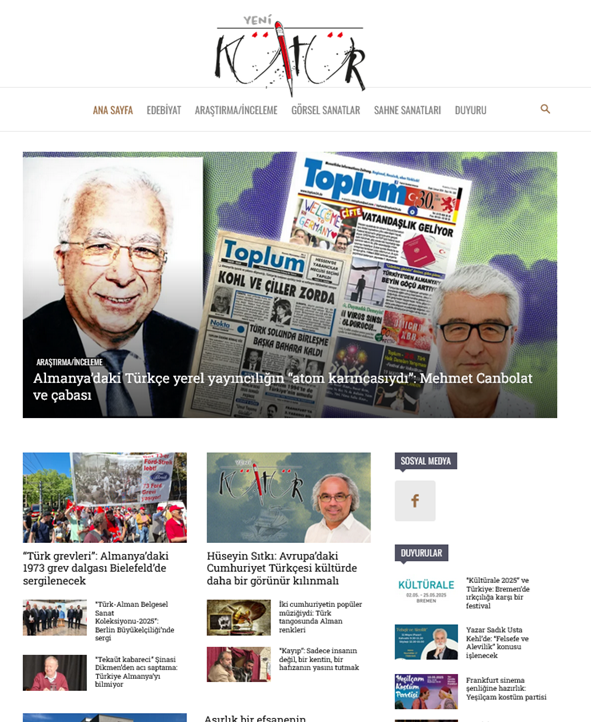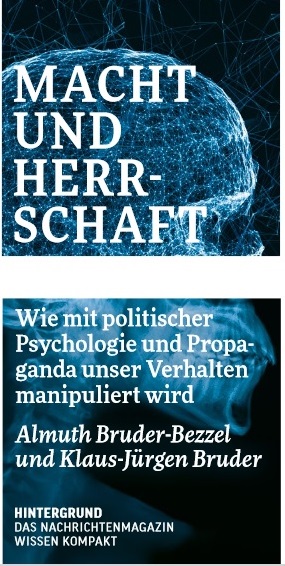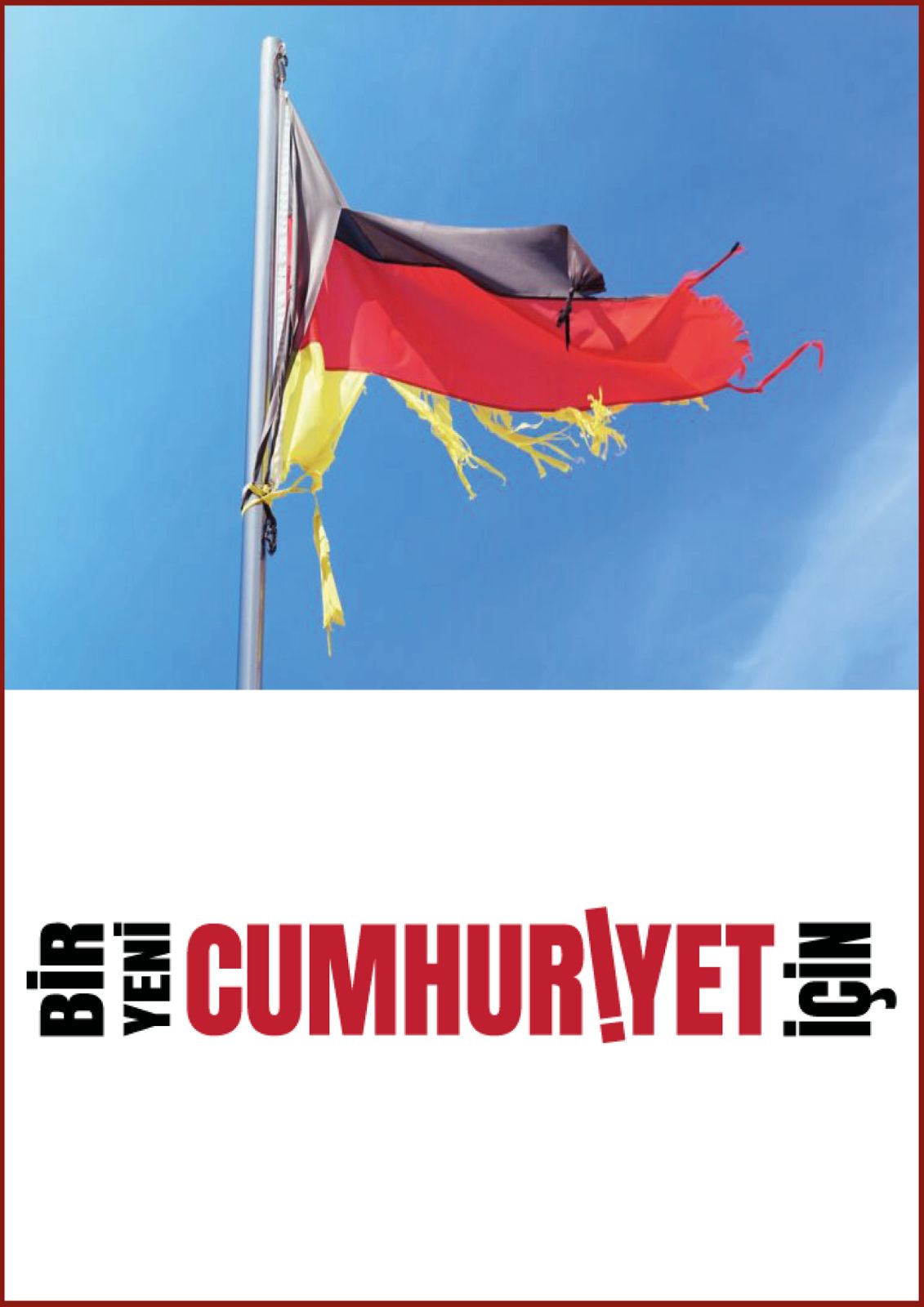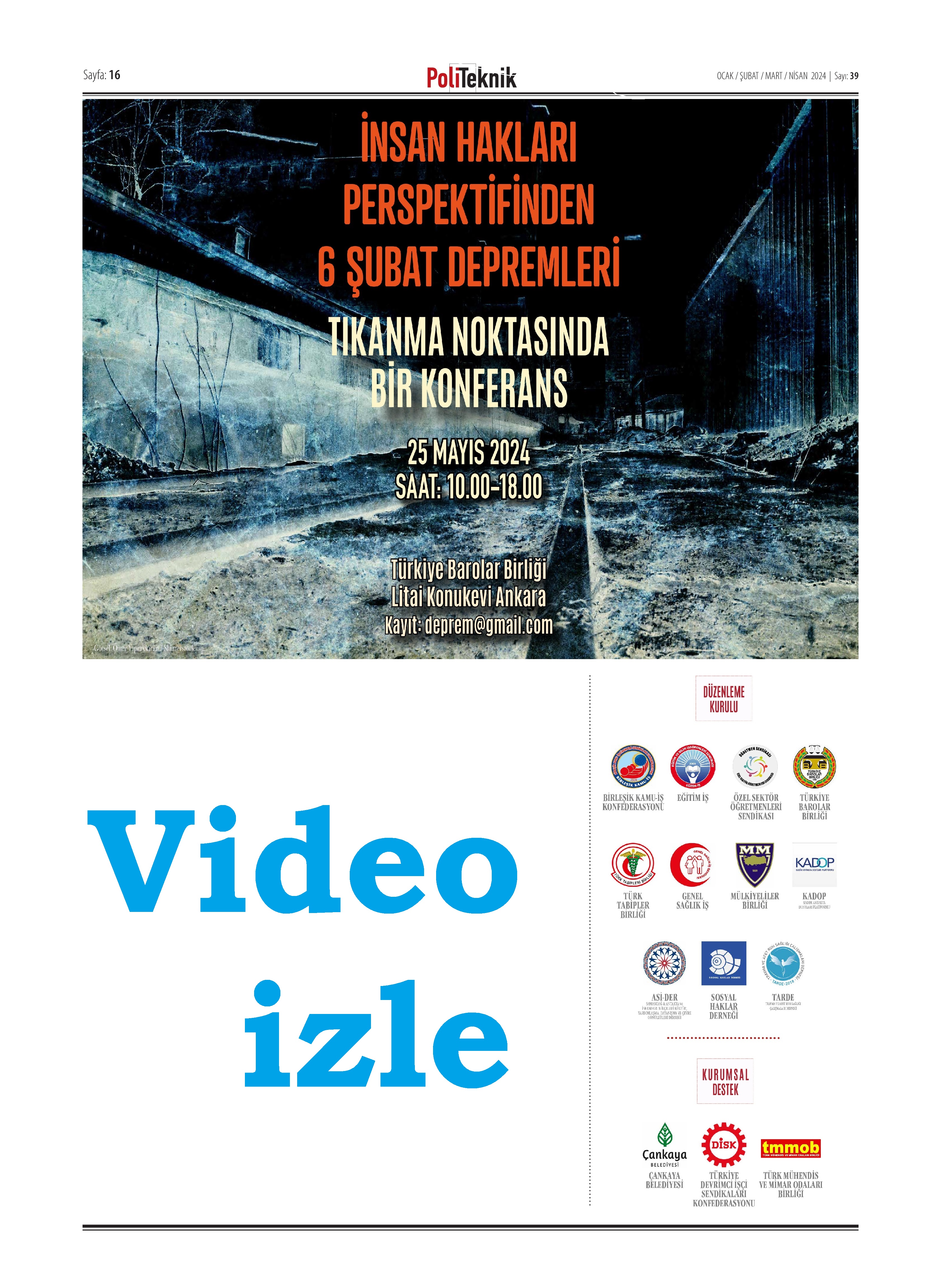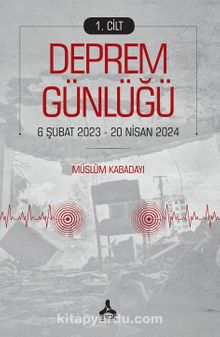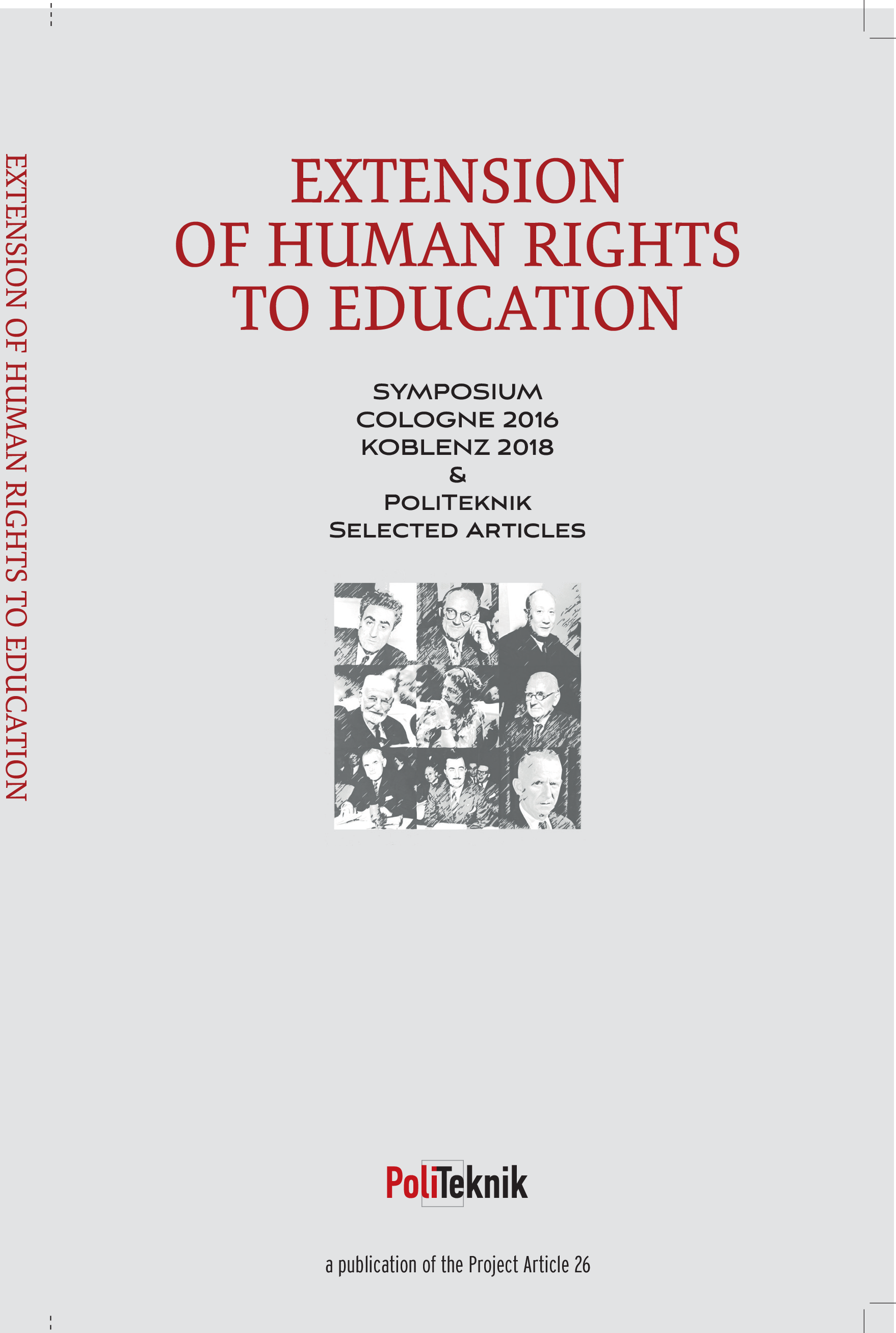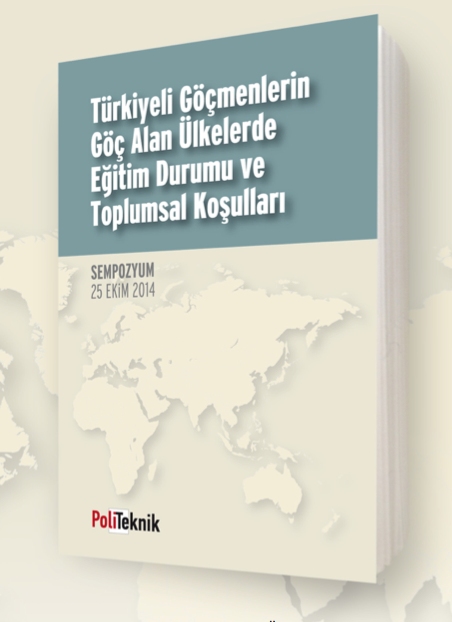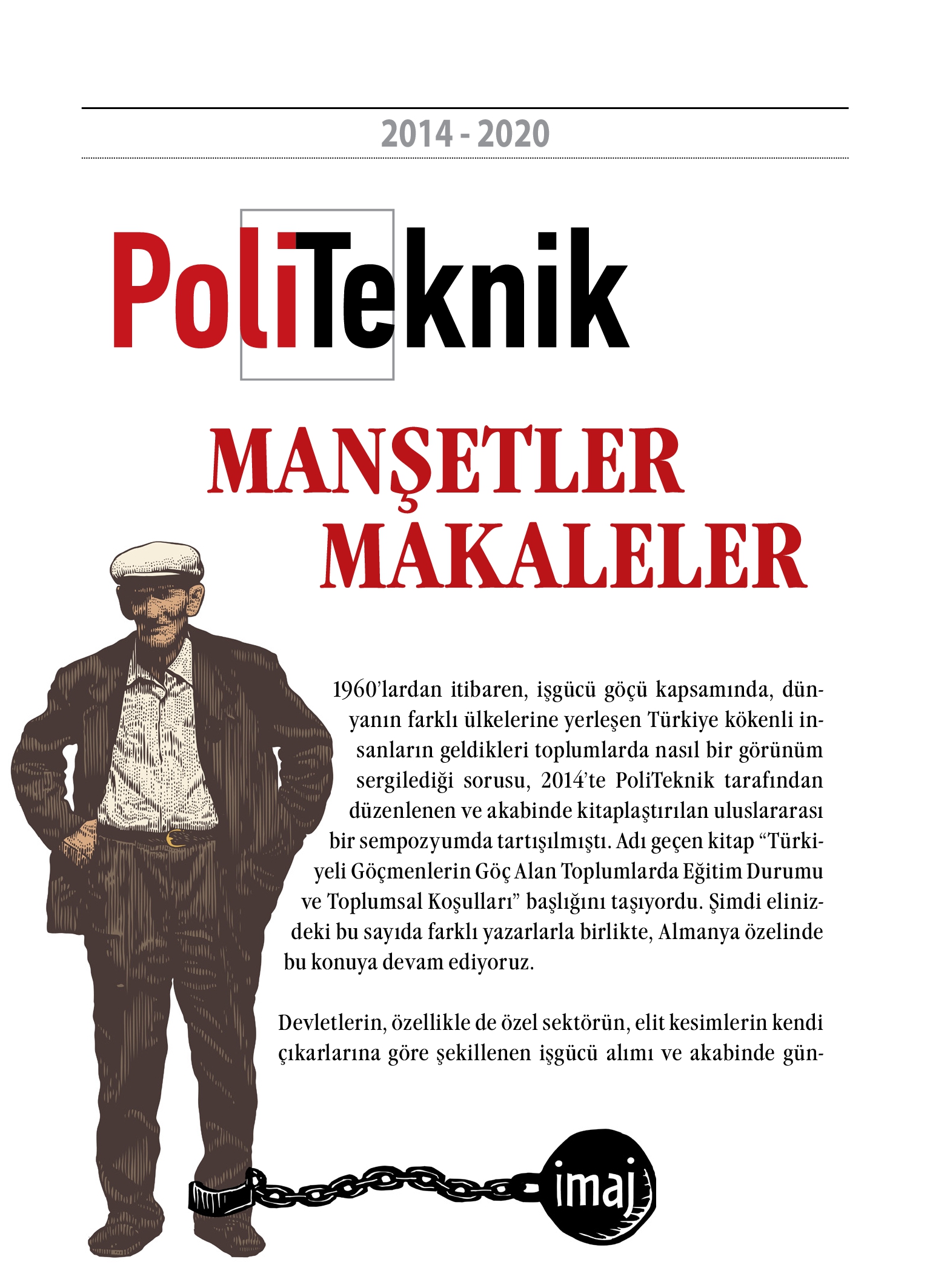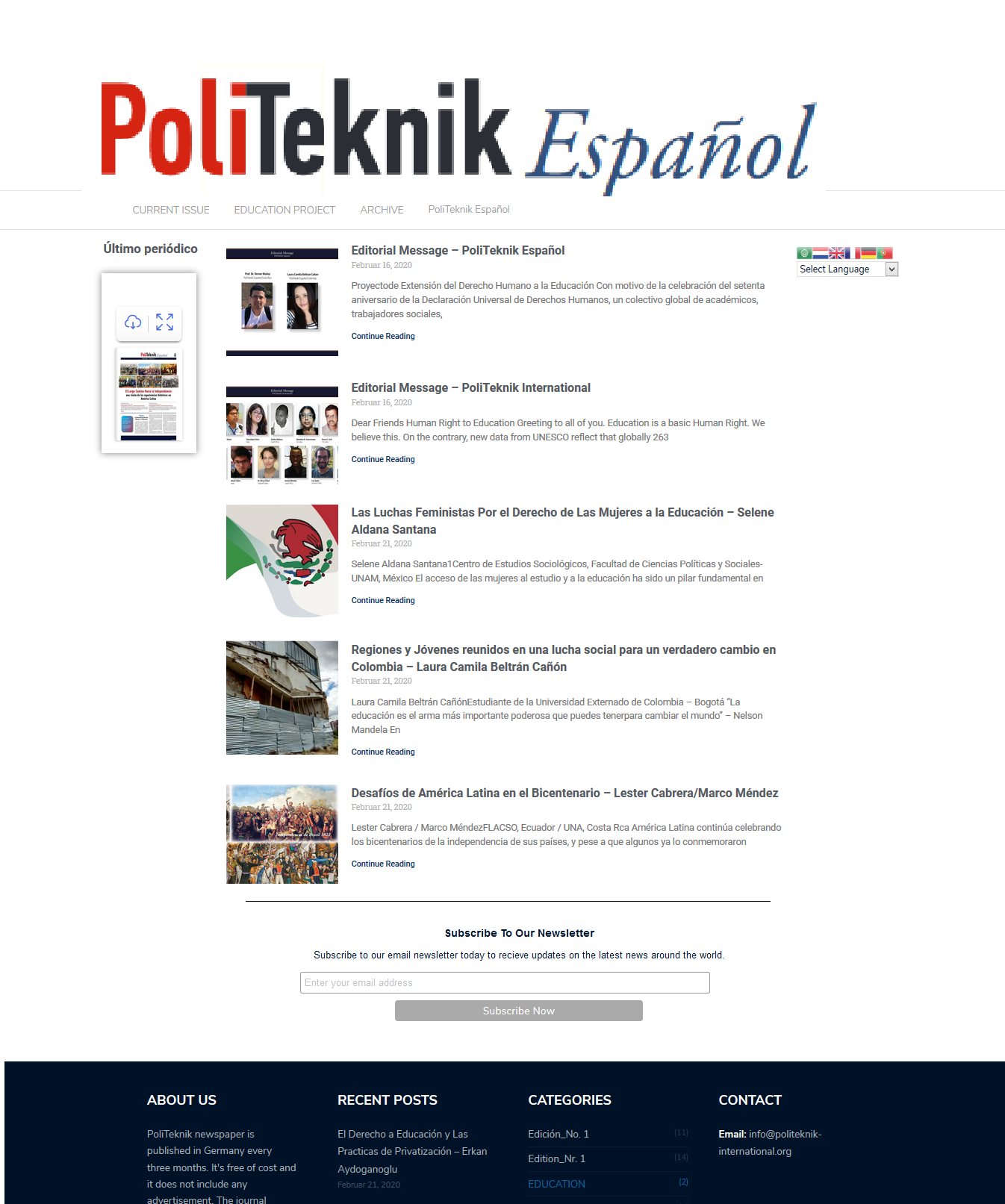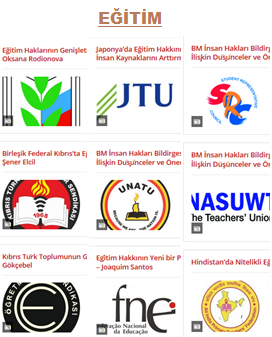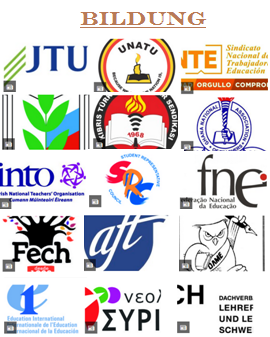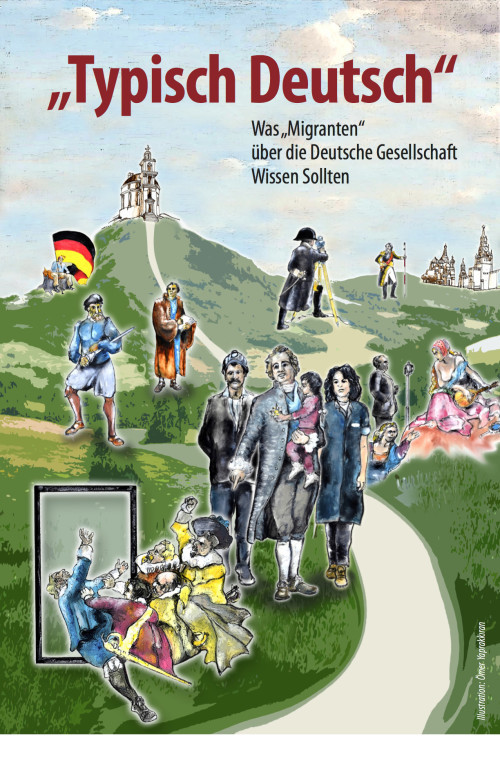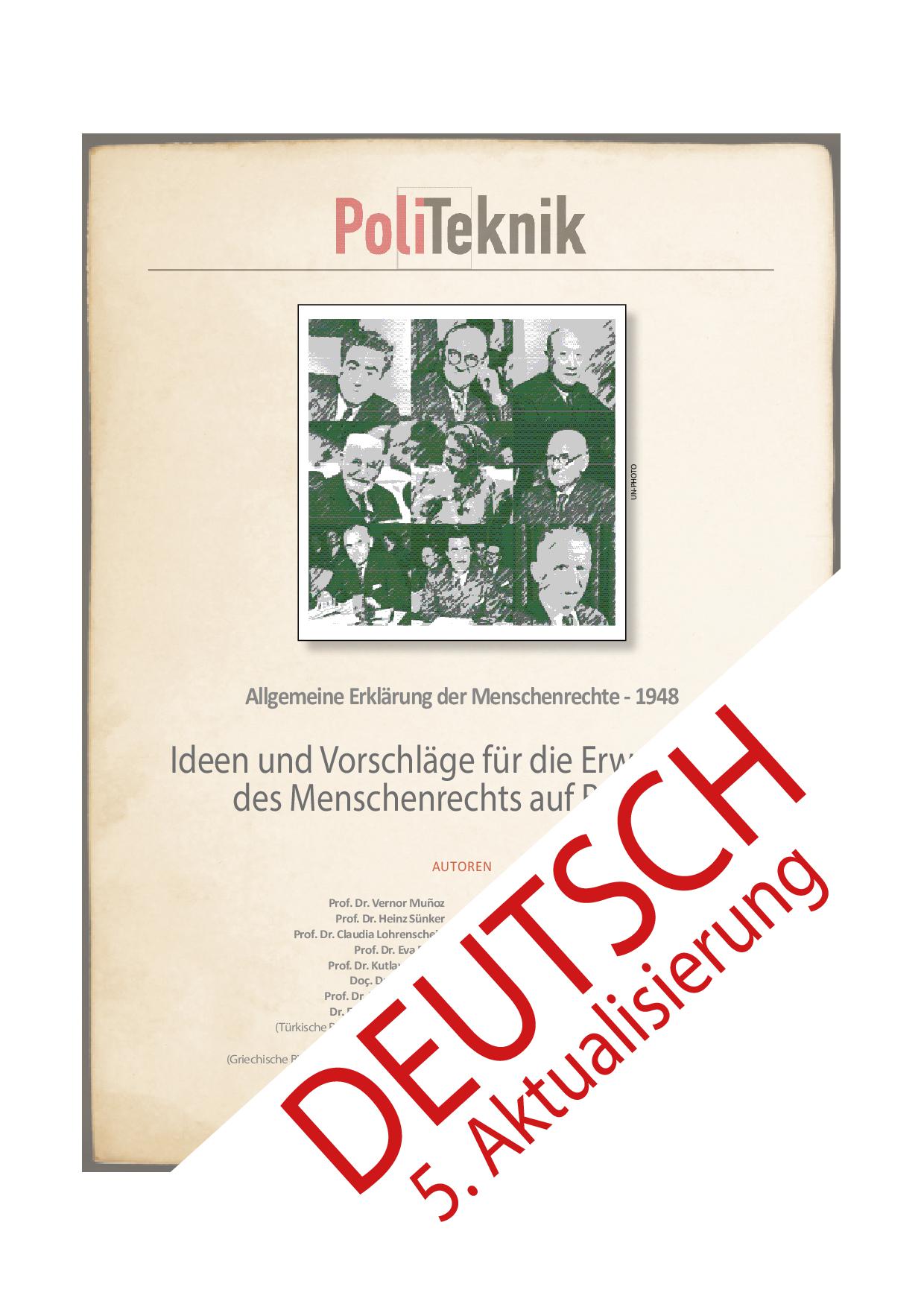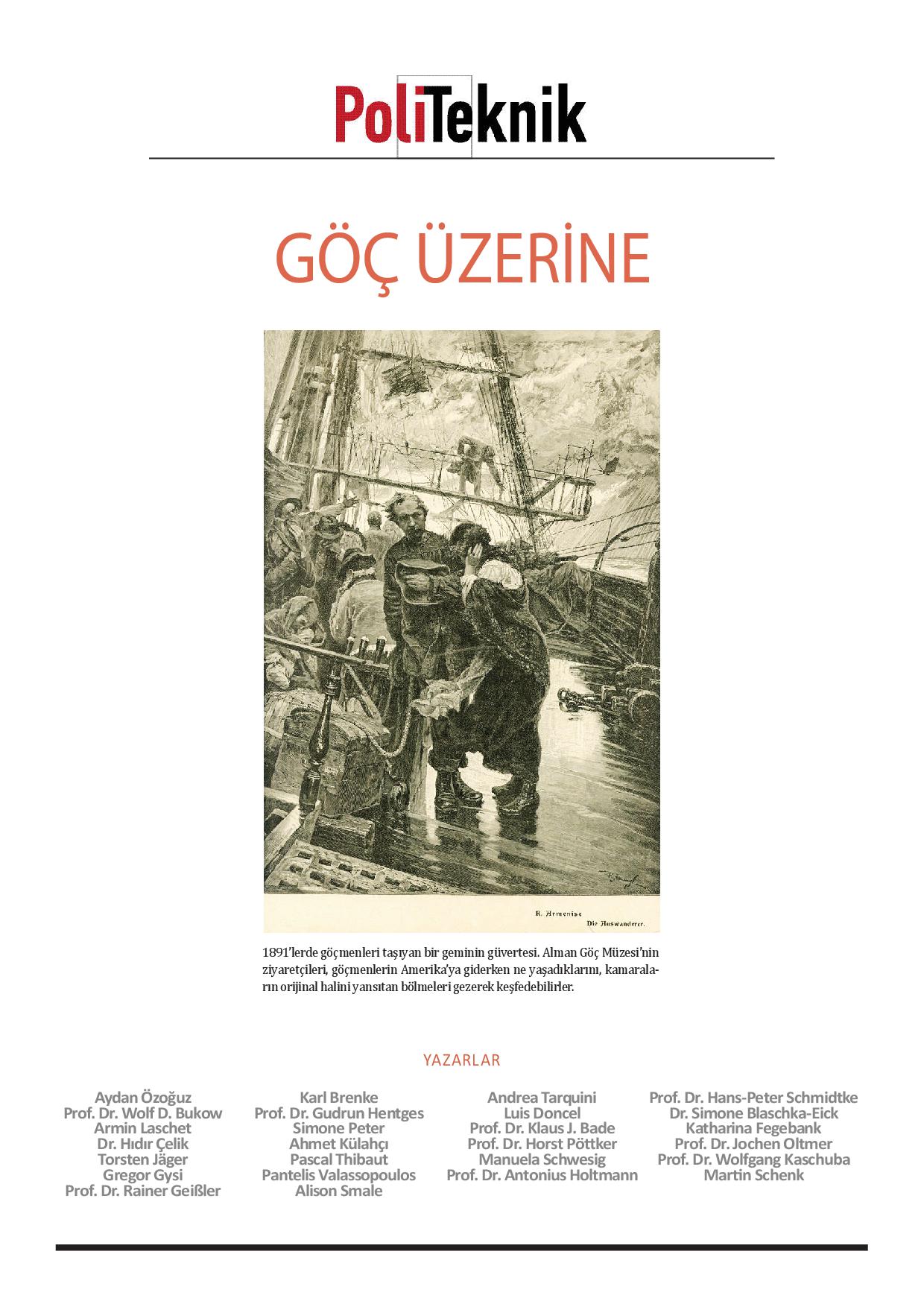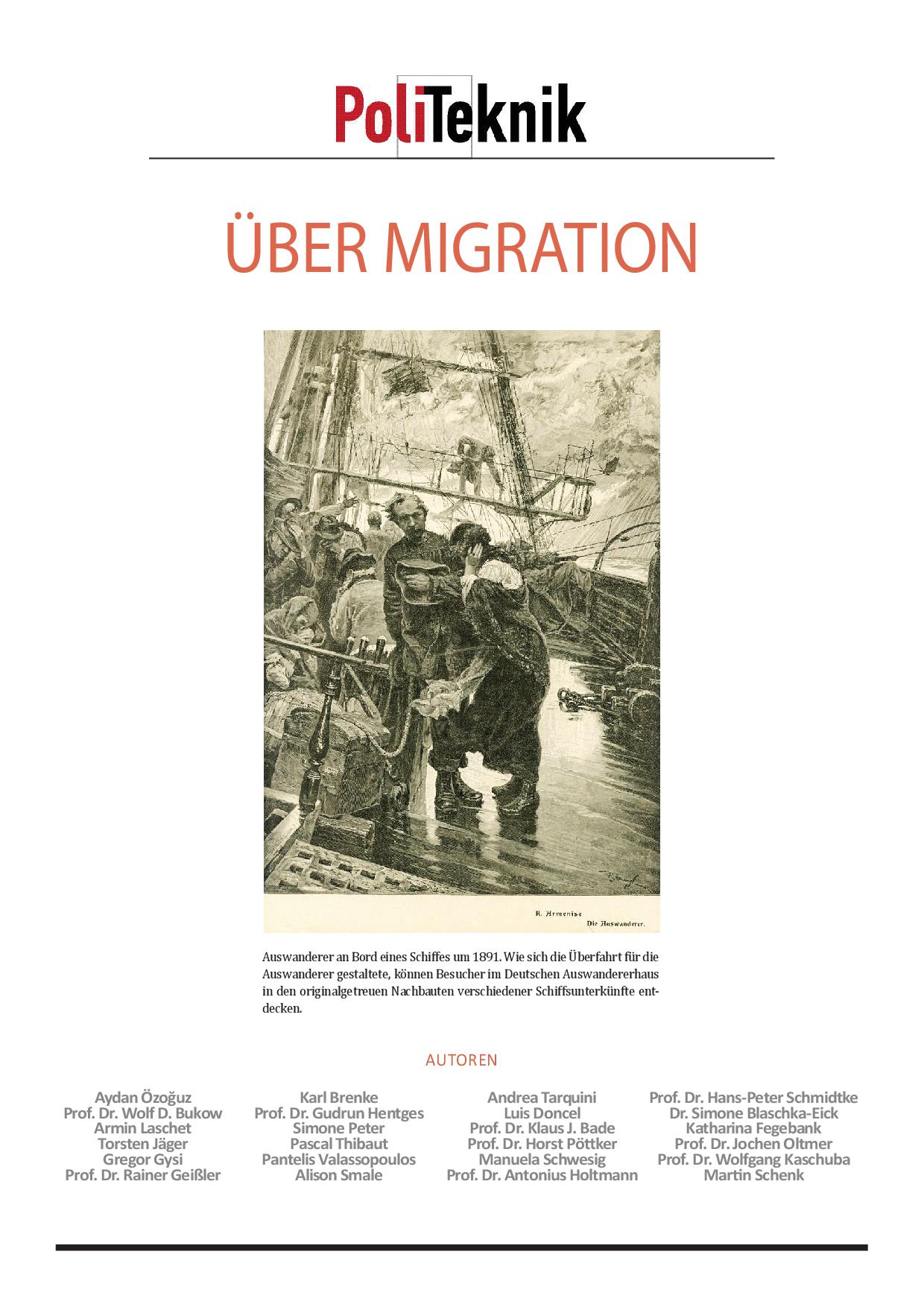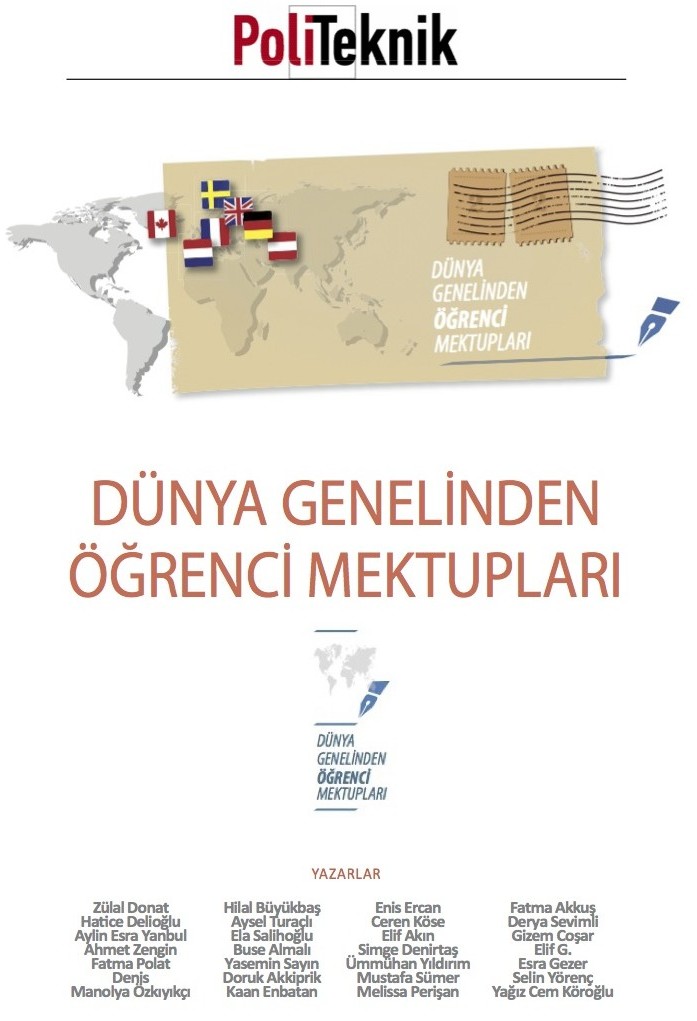Alexandre Magno Tavares da Silva[1]
On February 2 2017, Prof. Dra. Eva Borst of the University of Mainz presented me to the proposed Project “Erweiterung des Menschenrechts auf Bildung – 2018″. In that time, she highlighted that this was an important moment to strengthen the Human Right to Education. From that time forward, I had contact with different documents shared by Sr. Zeyner Korkmaz, as well as the articles available on the Politeknik internet site. Throughout this intercultural dialogue process, we were able to construct connections between the proposed project and the unwinding of events taking place in Brazil and other Latin American countries in the defense of the Human Rights and Democracy. These fights are inseparable, since democracy can not exist without human rights and human rights are unable to prevail outside of democracy (BOBBIO, 1992, p. 47).
For an emancipatory Education: “Only in fight can we wait with hope” (Paulo Freire)
As Latin-Americans, we do not think about an extension of the human right to education outside of our historical context and without the subjects and their social experiences. The reasoning behind that is that the reinvention of the human rights in an emancipatory perspective necessarily has to go through the listening of the voices of the colonialized cultures and the anti-hegemonic movements.
The genocide of the native people, the kidnapping, the human trafficking and the enslavement of the Africans have constructed imperial domination practices since Pre-Colombian America, giving rise to an excluding, racist and authoritarian mentality which persist in the culture and in social and institutional practices (ZENAIDE, 2014. p. 30).
In its 518 years, Brazil has witnessed the impacts of these excluding and intolerant mentalities that trespass a huge part of our history. This country has gone through 322 years as colony, 67 years of Imperium, 123 years of Republic, 358 years of slavery and 29 years of Military Dictatorship. During this period, many initiatives were constructed to breach the so-called “culture of silence”. These initiatives were protagonized in huge part by urban and rural social movements, which constructed the possibilities of Feeling, Thinking and Taking Action against the negation of human rights. These initiatives sought out to include education as a tool in the process of mobilization, organization, denouncement, defense and reparation 2.
In this sense, we can understand the process of the struggle for human rights and for the human right to education done by the social movements with educative practices that collaborate in the constitution of the social identity with the presence of a quality of life that comes from the engagement and from an emancipatory and optimist education.
The pedagogic action is taken as a commitment with the concrete human being, with the cause of their humanization and liberation (FREIRE, 1979, p. 22).
To power up the resistance strategies and the fight for human rights, the social movements have throughout the years constructed possibilities of theoretical-methodological enhancements of their educative practices. The pedagogic thoughts of the educator Paulo Freire (1921-1997) are taken in Brazil and other Latin-American countries as a vast foundation in the fight for human rights to education. This is because Paulo Freire’s work is crowded with the intransigent and radical defense of human rights.
Here in our university, more precisely on the days 5 and 6 of December 1996, the first seminar on Education and Social Movements was held by the Post-Graduation in Education Program. This seminar was one of the first indications of the search of an enhancement of the fight for human rights. The event discussed the adequate confrontation of the challenges presented by the Brazilian social-historical background (of neoliberal globalization) and the amplification and enhancement of the partnership with social movements. It also sought out to open the discussion for participants of diverse instances (academics and non-academics) about the limits and possibilities of the social movements, especially in North-East Brazil. At the conclusion of the event, the Letter of João Pessoa was written, of which I would like to highlight the last part:
“We understand that this event constitutes, in itself, an expression of our commitment with the Liberating Pedagogy and the Social Movements, a form of extension that permits a larger commitment and involvement of the academic instances as well as of other organized sectors of the civil society. With a goal of a more organic exercise of the dialog of knowledge with the Social Movements and Communitarian Organizations of this region”. (João Pessoa, 6 of December, 1996).
Public, logical private and marketing Education
Nowadays in Brazil, we have witnessed events that signal the rise of the total power of economic corporations. They “set priorities, dictate rules, and strongly influence political-economic and educational agendas. They own the market. What is hindered is destroyed: policies to implement human rights, to combat inequalities and to promote social justice are tackled and taken out of the way quickly, without fear and without pain” [2].
The growth of the performance of business groups in education has been overwhelming in the Brazilian reality. Kroton Educacional (largest education company in the world) controls much of the private higher education market in the country. In higher education, 75% of enrollments are private. In the basic education, of the 44 million students, 82% are in public institutions. Here, the market of this business group are public primary schools. In this sense it is no longer possible to think of school education in isolation because it is becoming a business among many others in the globalized world.
The publishers Ática and Scipione in Brazil are two giants of school material and were bought by Kroton Educacional. The largest buyer market for teaching materials is public schools. But they also own the Ph, the Sigma, which are teaching systems. They are all systems of teaching that sell the preparation of the classes, the contents, the planning, the curriculum. Currently there is entry [of these products] in public schools.
Faced with this picture, in terms of public education we may think that we have never experienced in Brazil an enemy with a social force as concentrated as this. It was one thing for us to confront private institution owners associated through their federative entities fighting against public education. Another thing is tackling an institution that dominates 300 multinationals. And that has the ability to determine the pace of the economy.
The kind of basic education that they are willing to offer, whether in basic or higher education, and with young children too, is perfectly aligned with a subordinate country project. Looking at the issue of dependency, it becomes clear that there are no mistakes, they are no points outside the curve; it is an articulated axis that has been growing throughout these governments and, now under the Temer government, has gained much more intensity.[3]
Evidence of a collective struggle for the Right to Education
For this reason, various social actors in Brazil (workers, rural workers, indigenous people, quilombolas, students of public schools and universities, children, adolescents and the elderly, LGBT people, homeless people, among others) have drawn the attention of the population to the defense of social rights and the human rights for education.
We believe that collective work with the participation of everyone is of fundamental importance, especially in this mobilization for the extension of Human Rights to Education. In this sense, we would like to point out some initiatives and indications of how different social actors are sharing knowledge and rehearsing alternatives in the field of defense of the human right to education, among these experiences we can highlight:
- Nucleus of Citizenship and Human Rights (Núcleo de Cidadania e Direitos Humanos – NCDH – João Pessoa) – with ten years of activities at the UFPB, is a space for interdisciplinary dialogue that is guided by the principle of inseparability between teaching, research and extension and by the academic and social relevance of the human rights issue. In this sense, it develops the following activities: courses of improvement and specialization in Education in Human Rights for teachers of public education system in the State of Paraíba. It develops programs, projects and courses of extension and national and international events and mainly participates in public spheres of citizenship like forums, councils, commissions and committees. (http://www.cchla.ufpb.br/ncdh/)
- Post-graduate Program in Human Rights, Citizenship and Public Policies (Pós-Graduação em Direitos Humanos, Cidadania e Políticas Públicas-PPGDH-João Pessoa). Brings together teachers who share the same vision of the theoretical and practical relevance of human rights and aims to investigate public policies on human rights with a view to building citizenship, in dialogue with social movements and public agencies for the promotion and defense of human rights , evaluation, monitoring and / or monitoring of public policies. (http://www.cchla.ufpb.br/ppgdh/)
- Cátedra Paulo Freire – Federal University of Pernambuco (Cátedra Paulo Freire – UFPE-Recife) – Proposed the formation of a collection and memory of Paulo Freire Pedagogy with the use of different languages; the provision of courses organized in such a way that they can be credited by the undergraduate and postgraduate courses; seminars for social and community experiences; the development of studies and research in articulation with the post-graduation programs; the exchange with other similar institutions, class entities and social movements. (http://www.catedrapaulofreireufpe.org/)
- Centro de Educação Popular Comunidade Viva (COMIVA-Caruaru) – Has been developing activities of political articulation in the State of Pernambuco, with the purpose of stimulating and strengthening mechanisms for monitoring and social control of public policies for the protection of children and adolescents in situations of personal risk and in conflict with the law. (http://www.comvivacaruaru.com.br/site/quemsomos/quemsomos.php)
- National Confederation of Education Workers (Conferência Nacional dos Trabalhadores em Educação-CNTE-Brasil) – Brazil’s education workers have a consolidated organization. To achieve this, much struggle had to be fought. The history of this struggle has the year 1945 as a milestone. In that year, primary school teachers began to organize into associations. Today, CNTE has 29 entities and almost 700 unionized companies throughout the country. Currently, CNTE has 50 affiliated entities and over one million union members. (http://www.cnte.org.br/
- Experiences in the field of Research and Extension at the UFPB (João Pessoa) – Research Group on Critical Social Pedagogy and Human Rights[4] – Pedagogy Research Group Paulo Freire – Research Group on Youth and Adult Education – These spaces include teachers from the area of Education Sciences and university students from the popular classes. Looking for and from the pedagogical thinking of the educator Paulo Freire (1921-1997), these groups focus on feeling, thinking and acting around emancipatory educational processes in school and non-school spaces. (obs: these groups do not have websites, however interested parties can contact by email – alexandremagno@ce.ufpb.br)
Finally, believing in hope, we will continue to stand firm in the search for humanization, freedom, equality and, above all, the unconditional respect for human rights. We will be immensely happy for engaging you all in this collective and community search for the expansion of Human Rights to Education 2018.
Literature
BOBBIO, Noberto. A era dos direitos, 8ª. Ed. Rio de Janeiro: Campus, 1992
CARDOSO, Alessandra; DAVID, Grazielle Custódio; DE OLIVEIRA, Iara Pietricovsky. Objetivos de Desenvolvimento Sustentável no Brasil e no mundo: Utopia ou Distopia. Available in: http://www.inesc.org.br/biblioteca/textos/objetivos-de-desenvolvimento-sustentavel-no-brasil-e-no-mundo-utopia-ou-distopia. Accessed on April, 2018.
FREIRE, Paulo. Ação cultural para a liberdade: e outros escritos. Rio de Janeiro: Paz e Terra, 1979
Kroton Educacional: Em termos de educação pública nunca experimentamos um inimigo com uma força social tão concentrada como esse. Available on http://www.ihu.unisinos.br/578444-kroton-educacional-em-termos-de-educacao-publica-nunca-experimentamos-um-inimigo-com-uma-forca-social-tao-concentrada-como-esse. Accessed on April 2018.
SILVA, Alexandre Magno Tavares da. Conexões de sabers em periferias urbanas: diálogos em pedagogia social critical. João Pessoa: Ideia, 2016
ZENAIDE, Mari de Nazaré Tavares. A linha do tempo da educação em direitos humanos na américa latina. In: RONDINO, Ana Maria; TOSI, Giuseppe; FERNANDEZ, Mónica Beatriz; ZENAIDE, Maria de Nazaré Tavares. Orgs. Cultura e educação em direitos humanos na américa latina. João Pessoa, Editora da UFPB, 2014 p. 29-60.
[1]Prof. Dr. in the Human Sciences and Human Rights field in the Federal University of Paraiba, Brazil. Coordinator of the Social Critical Pedagogy and Human Rights research group. (alexandremagno.ufpb@gmail.com)
[2] CARDOSO, Alessandra; DAVID, Grazielle Custódio; DE OLIVEIRA, Iara Pietricovsky. Objetivos de Desenvolvimento Sustentável no Brasil e no mundo: Utopia ou Distopia. Available in: http://www.inesc.org.br/biblioteca/textos/objetivos-de-desenvolvimento-sustentavel-no-brasil-e-no-mundo-utopia-ou-distopia. Accessed on April, 2018.
[3] Kroton Educacional: Em termos de educação pública nunca experimentamos um inimigo com uma força social tão concentrada como esse. Available on http://www.ihu.unisinos.br/578444-kroton-educacional-em-termos-de-educacao-publica-nunca-experimentamos-um-inimigo-com-uma-forca-social-tao-concentrada-como-esse. Accessed on April 2018.
[4] SILVA, Alexandre Magno Tavares da (2016)

